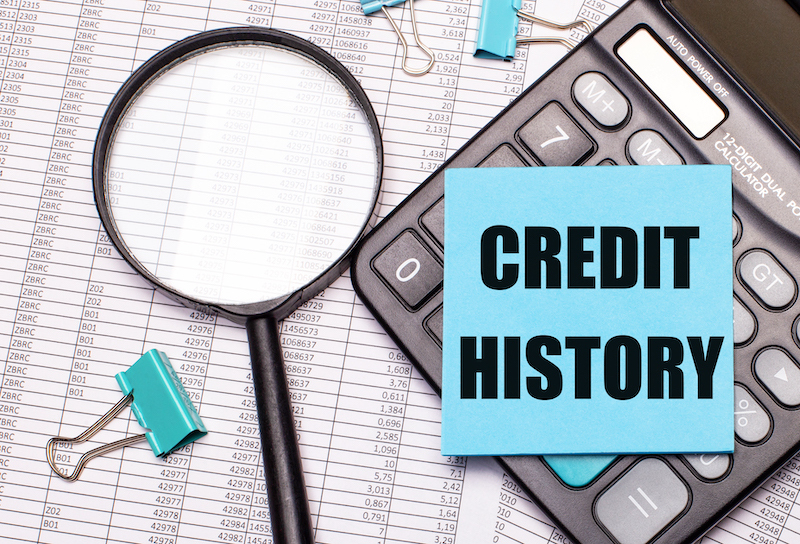Welcome to our freshest series Fincheck reader! In this series, we’re tackling the credit health topic, helping you understand all things credit! You can look forward to learning more about credit scores, reports, improving your credit health and the factors that influence your credit health.
In our previous posts, we’ve talked about:
- your credit score, why it matters and;
- your credit report and where all this information comes from
In this post, we’ll dig a bit deeper into managing your credit health, why it’s important and how you can improve your credit score.
At the end of this post, we’ll share a tool with you to help you get very own FREE credit score. Let’s get started.
What does it mean to manage your credit health?
Credit management is the way in which you manage and control the money that you borrow from creditors, e.g. store cards, banks, hire purchases and cell phone contracts. This information is recorded by credit reference agencies and makes up your credit profile.
By monitoring your credit profile you can take action to improve it or correct any inaccurate information.
Why is credit management important?
Your credit profile is an important tool that lenders use when deciding whether they will offer you credit. It can also affect the terms of credit they will offer, or the rate of interest they will charge.
By managing your credit profile effectively, you can ensure your image and profile is kept to a high level of quality and is viewed favourably by lenders or other organisations when they decide whether to lend to you.
Furthermore, managing your credit properly will also enable you to immediately notice any inaccuracies or attempted fraudulent activity on your profile, allowing you to take swift action to fix it.
5 Steps to improve your credit score
There are many things which you can do to help improve your credit score, including:
- Regularly checking your credit report to confirm all the details are correct.
- Making sure you make payments on any outstanding credit accounts on the due date. (Should you have difficulty in making your payments, you should contact your credit provider to agree on a payment plan, or to reduce your regular payments to an amount that you can afford to pay).
- Consider setting up regular automated payments rather than doing manual payments.
- If you have too many old, unused credit accounts, consider closing them.
- If you are almost reaching your credit limit on one or more accounts, try and reduce your balance.
How can you get your credit score?
Fincheck always aims to help people make better financial decisions. We have spent a lot of time and effort in building a tool to help you do all of the above. You can sign up for the MyFincheck Credit Score Tool and get your FREE score directly here. Or, if you want to learn more about the tool, you can read about the features here.
Sign up to our newsletter below to receive an email once we release the next post in this latest series. If you have a moment, please also share this post with a friend or relative you think would like to learn more about credit health!
To your better financial future!






